“He wasn’t my first billionaire, so I kind of knew my way around him,” a senior US diplomat who plied his trade in Georgia told me at the sidelines of the Munich Security Conference. “And the weirdest thing? He was starry-eyed about NATO and the West in the beginning. I remember at one meeting with a US delegation, he outright asked, ‘So what I’ — notice the I, not we — ‘what I gotta do to get into NATO by 2016?’ We all looked at each other, then gave him the usual line about democratic reforms and so on. He listened for a while, then interrupted, ‘But what do I really have to do?’”
The billionaire in question is Bidzina Ivanishvili, Georgia’s richest and most influential figure. The man who, by sheer force of his vast fortune, became a pivotal figure in Georgian politics, a de facto ruler in all but name. After making most of his fortune as one of the “made men” of Russian perestroika, he returned to Georgia, first as a reclusive billionaire funding art and science (and the government itself), only to run a tour de force of an election campaign in 2012 that saw him and his party, the Georgian Dream, oust the increasingly unpopular Mikheil Saakashvili and his United National Movement. Ever since, even now he is out of government, Ivanishvili is the man who steers the country, whether formally or behind the scenes.
In the last few years, however, particularly since the Russian invasion of Ukraine, there’s been a marked shift in Ivanishvili’s approach. No longer content to rule from the shadows, he has steered Georgia, via his ruling Georgian Dream Party, toward a pro-Russia stance. Mass protests erupted as his government moved to adopt a Kremlin-inspired “foreign agents” law, sparking fears of a looming authoritarian turn. He has grown embittered, concludes Lincoln Mitchell, his erstwhile informal advisor turned critic.
“Bidzina has enough of Homo Sovieticus in him that he believed Russia was going to win that war and therefore didn’t want to go all in with the West,” he told me. With Georgian Dream increasingly tilting toward Moscow, Ivanishvili’s “long game” has been sparking protests and unrest as his party introduces policies that seem plucked straight from the Kremlin. But the oligarch’s goals, Mitchell warns, remain fluid, subject to his whims and grudges.
For many Georgians, today’s election feels like a referendum on the country’s future. Will it solidify Georgia’s pro-European identity or steer it further toward Moscow? And among the ranks of Ivanishvili’s allies-turned-enemies, there is one that is standing particularly tall: former prime minister Giorgi Gakharia. Standing on the frontlines of Georgia’s upcoming election with his party For Georgia, Gakharia is calling out what he sees as the creeping authoritarianism of his former boss. For him, these elections aren’t just a referendum on Ivanishvili’s leadership — they’re a defining moment for Georgia’s democratic future. I met with Gakharia to discuss the stakes of this critical election, and the long shadows cast by his former patron.
“The choice is simple,” he tells me, with his trademark resolute expression. “This is about democracy or autocracy. Our geopolitical future is at stake, and with it, our European identity.”
Since leaving Georgian Dream in 2021, Gakharia has become one of Ivanishvili’s most outspoken critics. This election, he insists, could determine whether Georgia’s EU membership aspirations are set in motion or shelved indefinitely. His departure from the ruling party was, he acknowledges, a moment of reckoning: “I was Ivanishvili’s most effective tool in consolidating power. That was my mistake. I deeply, deeply regret it. I owe it to the [Georgian] people to set things right.” He also claims he was duped, personally lied to by Ivanishvili: “My deal with him was, when I agreed on second nomination in 2020, I had the list of structural reforms, also agreed with our American and European partners. Our deal was — if you are OK with these reforms, then I will stay. His obligation was that he would leave politics, he promised that, made public statements. We shook hands and in three weeks’ time, I began to realize I was lied to. When I understood that he left politics only to rule the country in the gray zone, I said, well, this won’t do, thank you very much, I am done and I resigned.”
But going up against Ivanishvili is fraught with personal risk. The oligarch has publicly vowed to prosecute Gakharia if his Georgian Dream Party wins. Gakharia, however, remains unfazed. “This isn’t the first time he’s threatened me,” he shrugs. “He’s done it privately before. It was: leave the country, leave politics, or else! Now he’s gone public. Largely because he is afraid. Well, I won’t be intimidated.”
Gakharia acknowledges that his time in power was marred by controversial incidents
For Gakharia, Ivanishvili’s motives have become clear over time. “He needs an indefinite stay in power to protect himself,” Gakharia argues. “And to keep control over his business empire.” Georgian Dream, he says, increasingly echoes Moscow’s tactics of media control and political suppression, tactics that may yield short-term stability but fail to sustain a country like Georgia. Ivanishvili’s plan is to turn Georgia into his own version of Azerbaijan, Gakharia claims, but he thinks it’s wishful thinking. “It cannot be done,” he says. “Georgia doesn’t have gas and oil. Georgia has only one resource: its people.”
If elected, Gakharia’s strategy would be to avoid provoking Moscow, whose influence remains significant. Russia may not roll tanks into Tbilisi again, he says, but their indirect support of a pro-Moscow “gray zone” serves Putin’s agenda well enough. He insists that his vision of a European Georgia does not mean breaking off dialogue with Russia, but placing it on the foundation of a secure partnership with the West. “We can’t stop talking to Russia,” he concedes. “But we need to do it from a position of strength, with NATO and EU backing.”
Reflecting on his tenure, Gakharia acknowledges that his time in power was marred by controversial incidents, notably the June 20 protests, where his administration faced criticism for using excessive force. Some call him the “eye-gouger,” a nickname that he got after the June clashes, when several people lost their eyes. “Yes, mistakes were made on a technical level, and yes, in the short term, it damaged my reputation,” he says. “But ideologically, my priority was to protect the constitution and prevent the kind of street revolutions that undermine rule of law. In the long term, I believe it was critical to stop the mindset that every political disagreement should be solved on the streets.”
This campaign, Gakharia knows, is as much about Ivanishvili’s increasingly autocratic grip on Georgia as it is about salvaging what is left of the country’s rapidly dwindling ambitions of EU/NATO membership. “We have a rare window of opportunity to begin EU accession negotiations,” he insists. “If we miss it now, we may not get another chance for decades.” Much of Georgia’s eventual fate will also depend on the war in Ukraine. Gakharia thinks that the war will end with some sort of an agreement between democracies and autocracies, a grand arrangement, and Georgia needs to be on the right — western —side of that deal.
“We will be a part of that deal, the question is which side we will end up on. The right side, with the West, or left alone, face-to-face with Russia. We already paid for our ticket with our blood, in 2008. But our government seems intent on forfeiting it, just so that they can stay in power and continue corrupting themselves and the country with it.”
Lincoln Mitchell believes the stakes for Ivanishvili are equally high. “He’s unpredictable, capricious, and his grip on the government is intensely personal.” This mercurial nature, Mitchell warns, could be Georgia’s undoing. “How far can they [Georgian Dream] go? As far as they need to. The violence we’ve seen so far may continue, and much like Putin or any authoritarian leader, as long as Ivanishvili thinks he can win, he will continue.”
This article was originally published on The Spectator’s UK website.



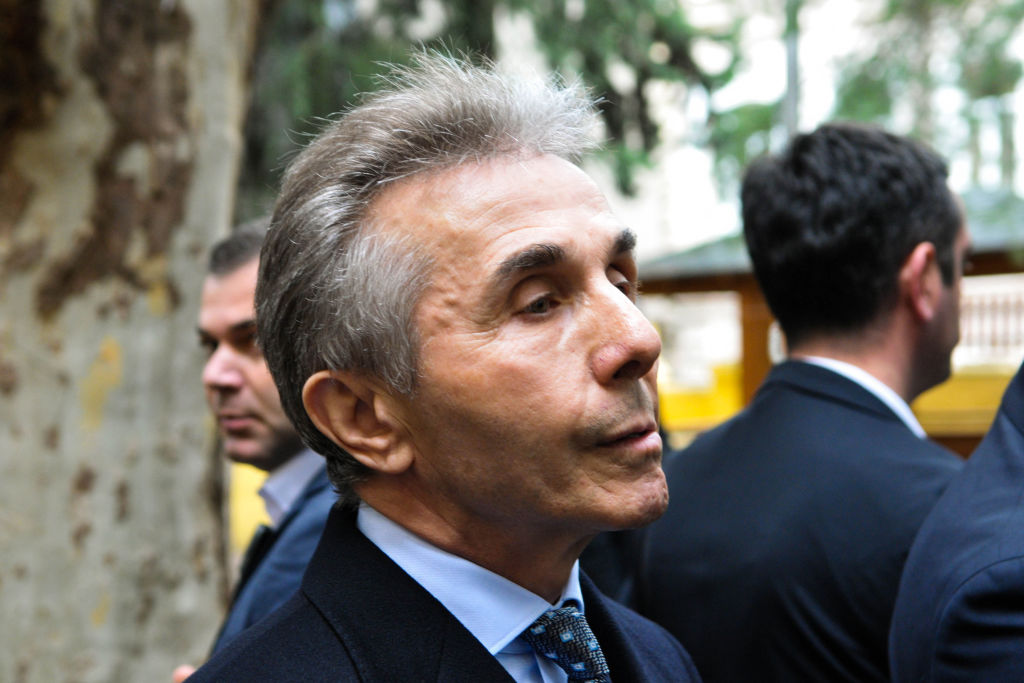







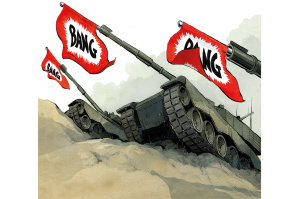
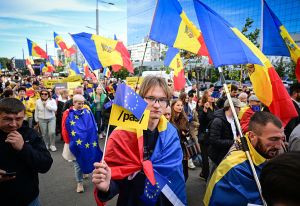
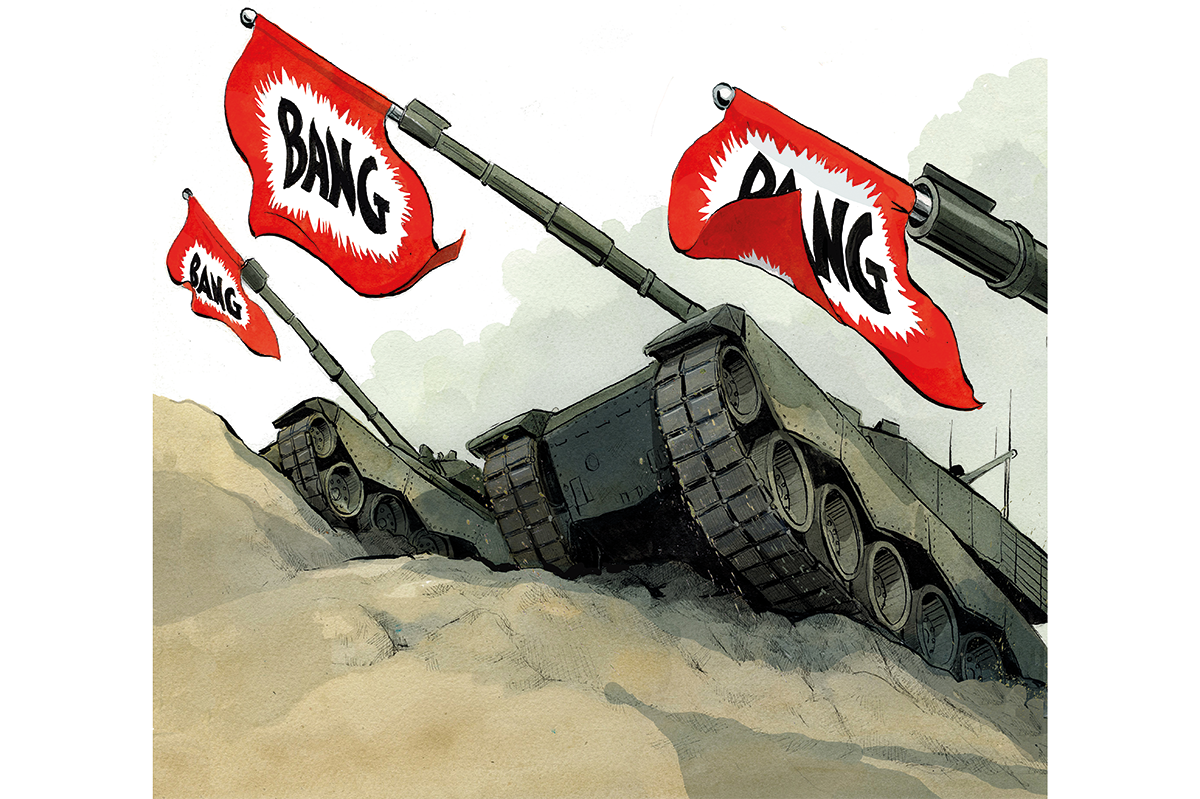
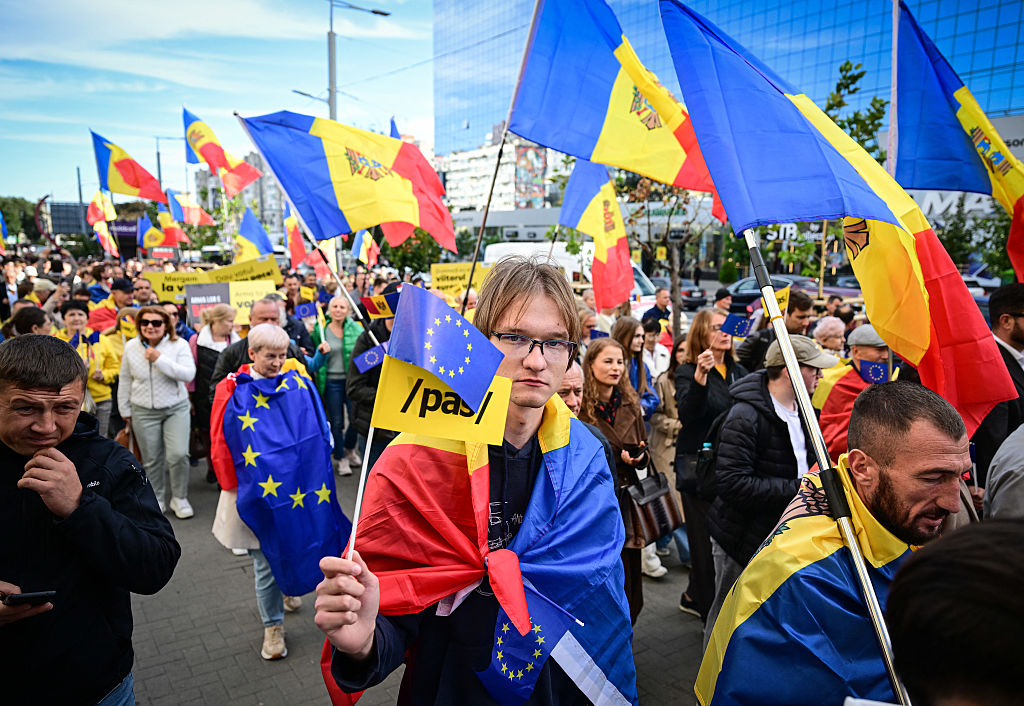


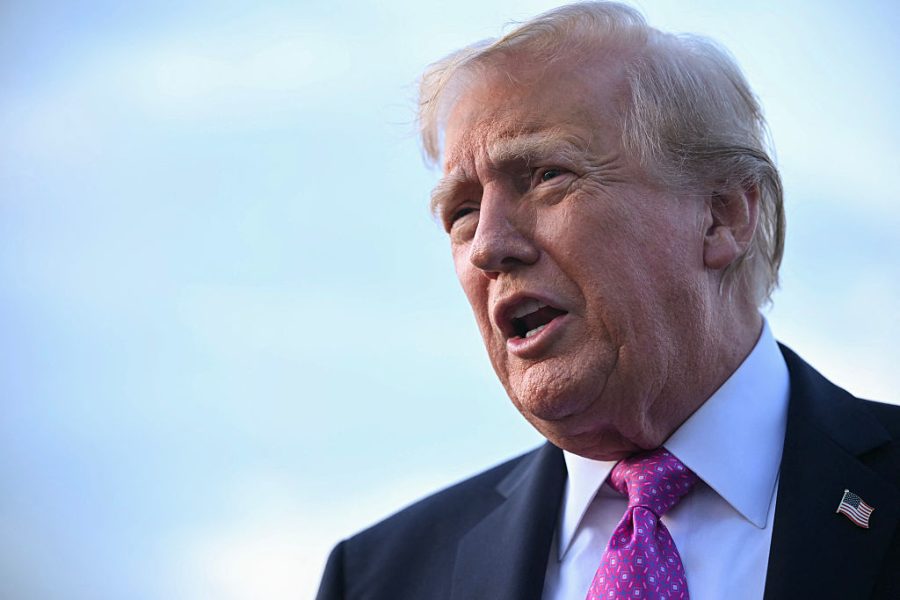








Leave a Reply